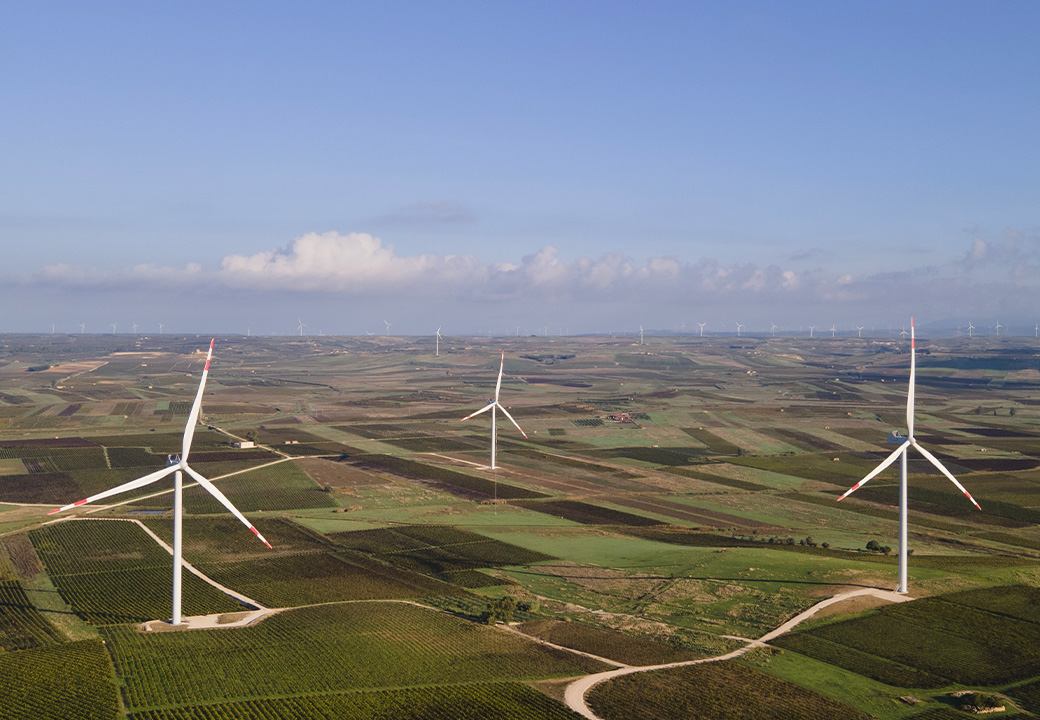
The role of AI in the energy sector
Artificial intelligence has been growing rapidly in recent years, both technologically and in terms of its applications, with an impact on virtually every sector of business. This includes the energy sector, and indeed more and more issues are being addressed through the use of machine learning algorithms, positively impacting the path of energy transition on which Edison has embarked: from energy efficiency to smart grids, from demand response to risk management, from renewable energy forecasting to predictive maintenance.
In this context, Edison has decided on strategic investment in the use of AI, considering it a tool that will increasingly become a competitive factor for companies in the sector. With this vision, in fact, the Datalab was established in the Digital Department: an in-house competence centre specialising in Data Science and AI that, both independently and in collaboration with innovative start-ups, research centres and tech companies, develops 'data-driven' solutions to support all areas in the company, and especially the digitisation of assets.
Like all major players in the energy sector, Edison is facing a rapidly changing landscape that requires an equally rapid capacity for development and flexible management of its production assets. To cope with this scenario, the company is investing heavily in the implementation of advanced data analysis tools and development of AI models to support its operations and maintenance.
Edison's innovative approach
A number of activities demonstrate Edison's innovative approach to the management of its production facilities based on the availability of historical operating data. First and foremost among these is forecasting of the production of the company's wind and photovoltaic plants, ensuring better management of the market for the energy generated and rationalisation of interventions in the field, also in terms of operator safety.

Mathematical models and machine learning have also been developed with the aim of optimising operation of the assets of large industrial centres, such as compressors and cogenerators, so as to maximise their energy efficiency without penalising the quality of the services provided.
A number of projects concerning predictive maintenance in thermoelectric and renewable energy plants are also under development. The goal of these projects is to combine AI and machine learning with more traditional techniques (such as oil analysis and visual inspections) with the aim of intercepting any malfunctions in advance and thereby reducing the impact of maintenance work in terms of magnitude and downtime.
The decision to internalise Artificial Intelligence-related skills has enabled the development of dozens of projects in this field in only a few years, ensuring Edison's ability to exploit emerging trends in this rapidly evolving sector.
The aim is to convert these new digital technologies into added value for the company and its customers, leveraging Edison's immense data resources.


